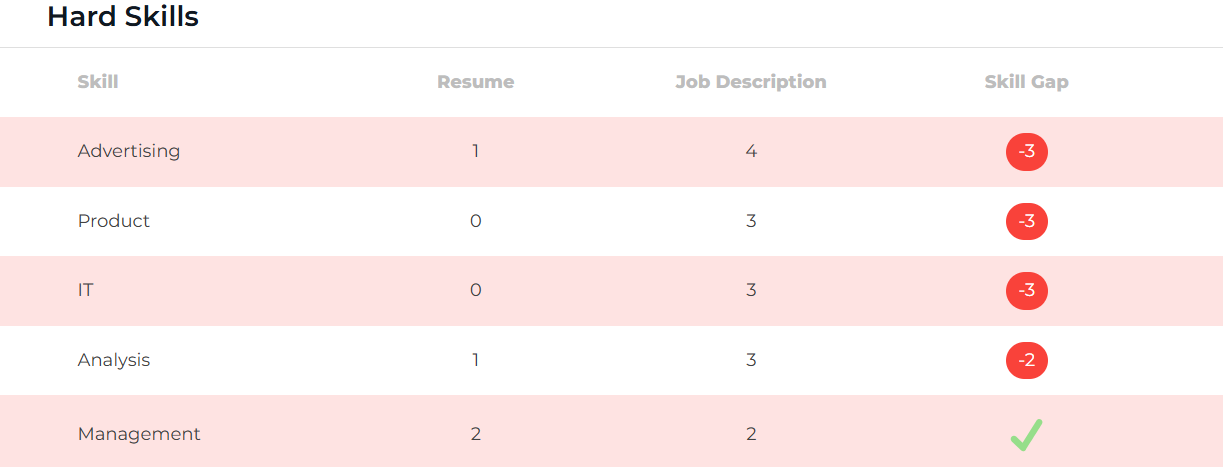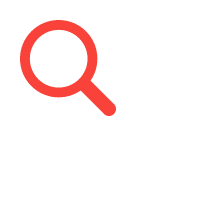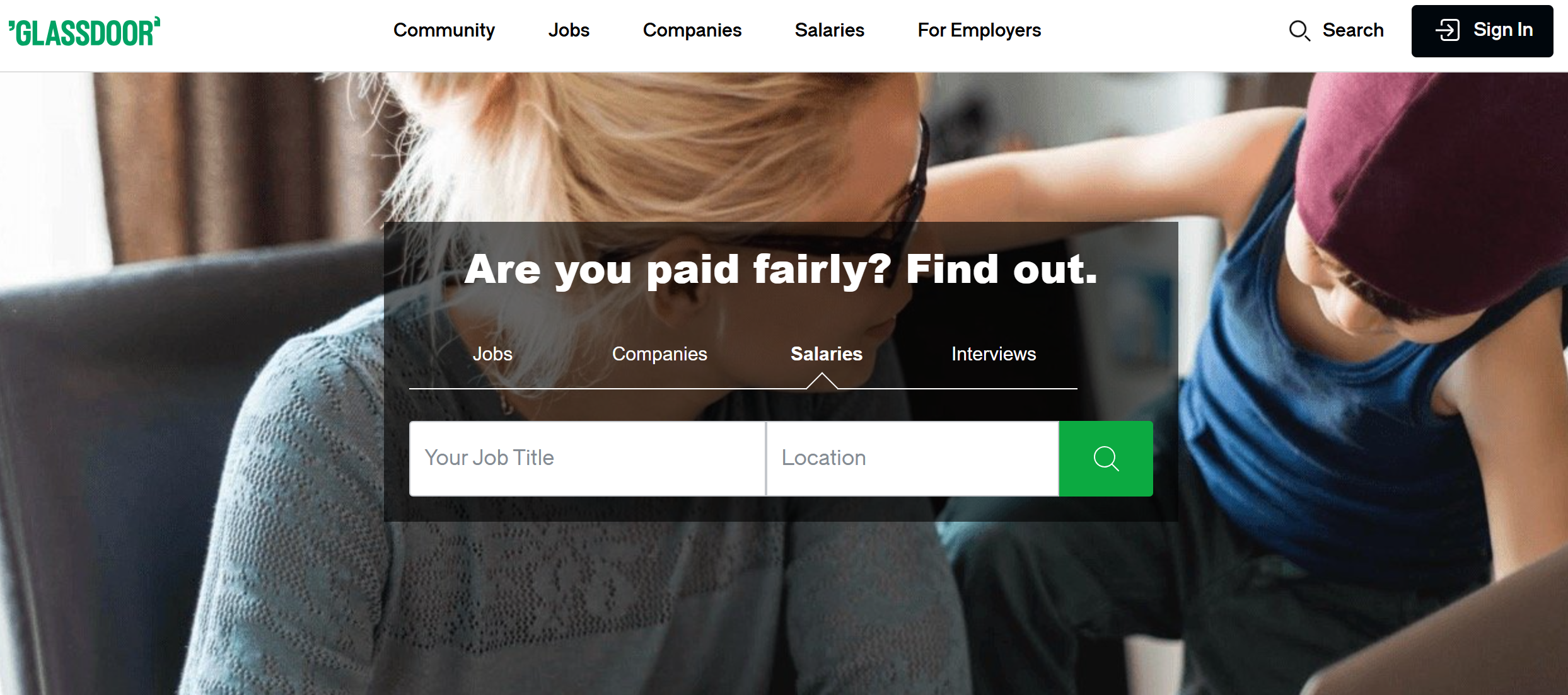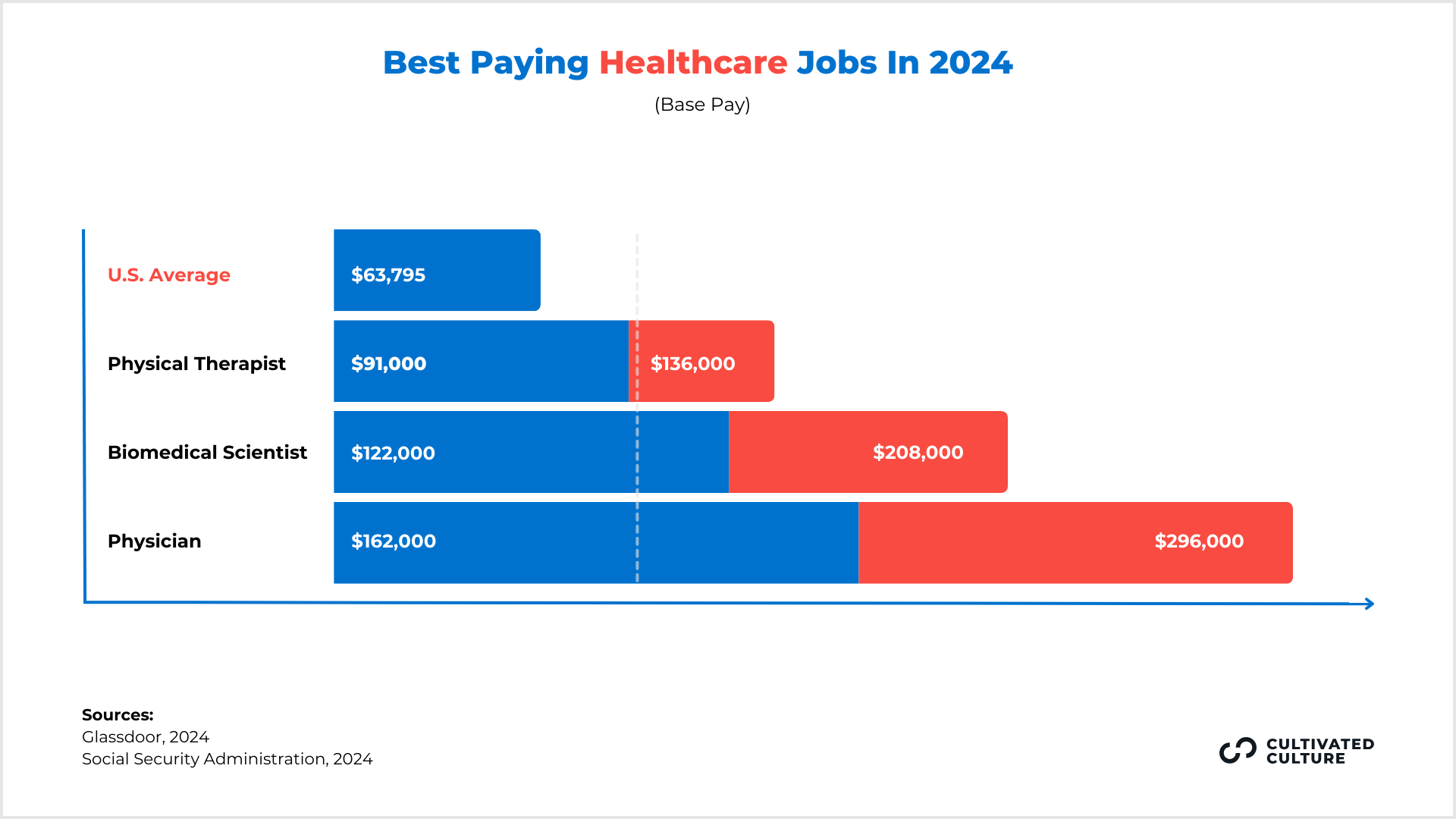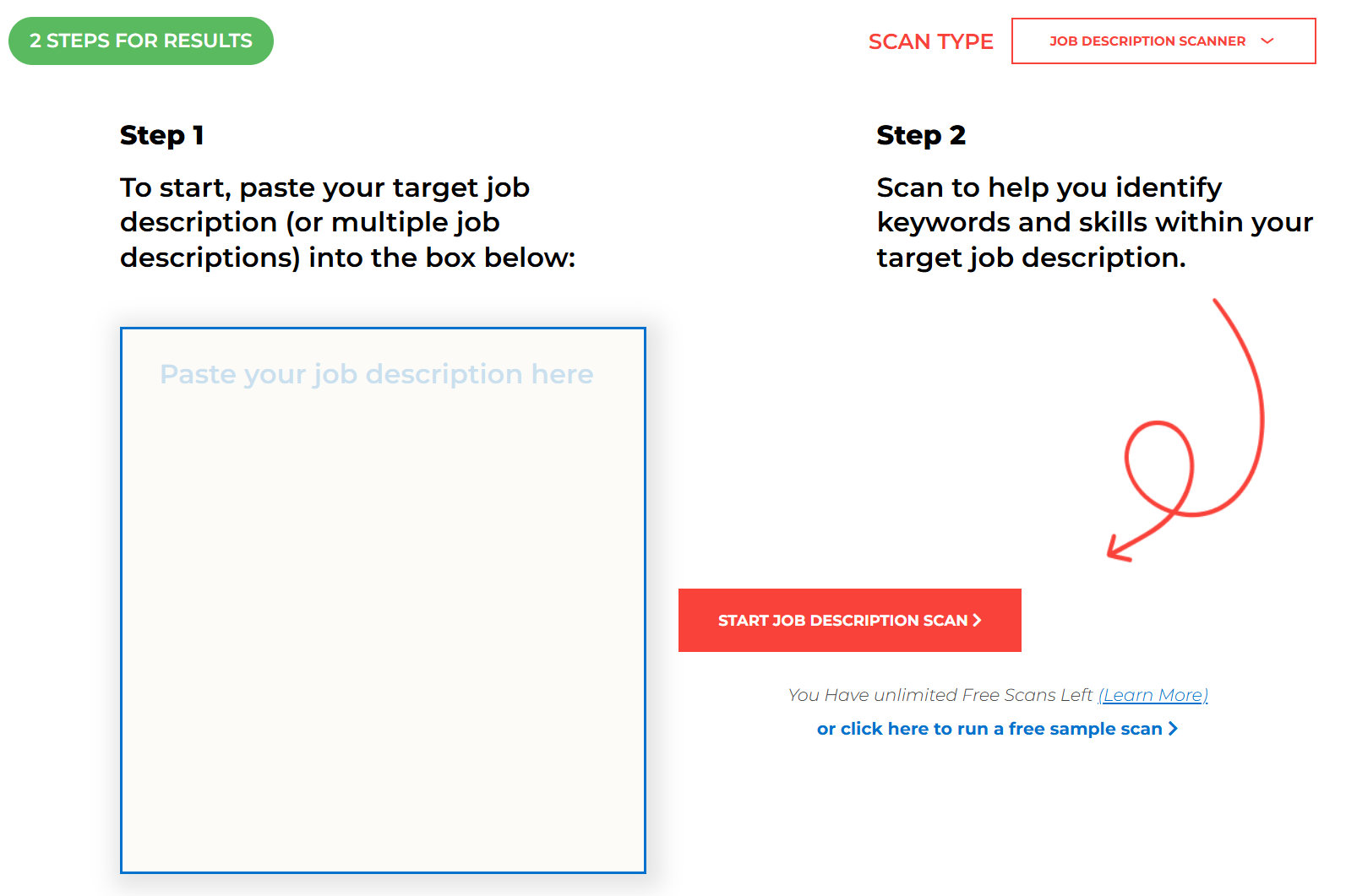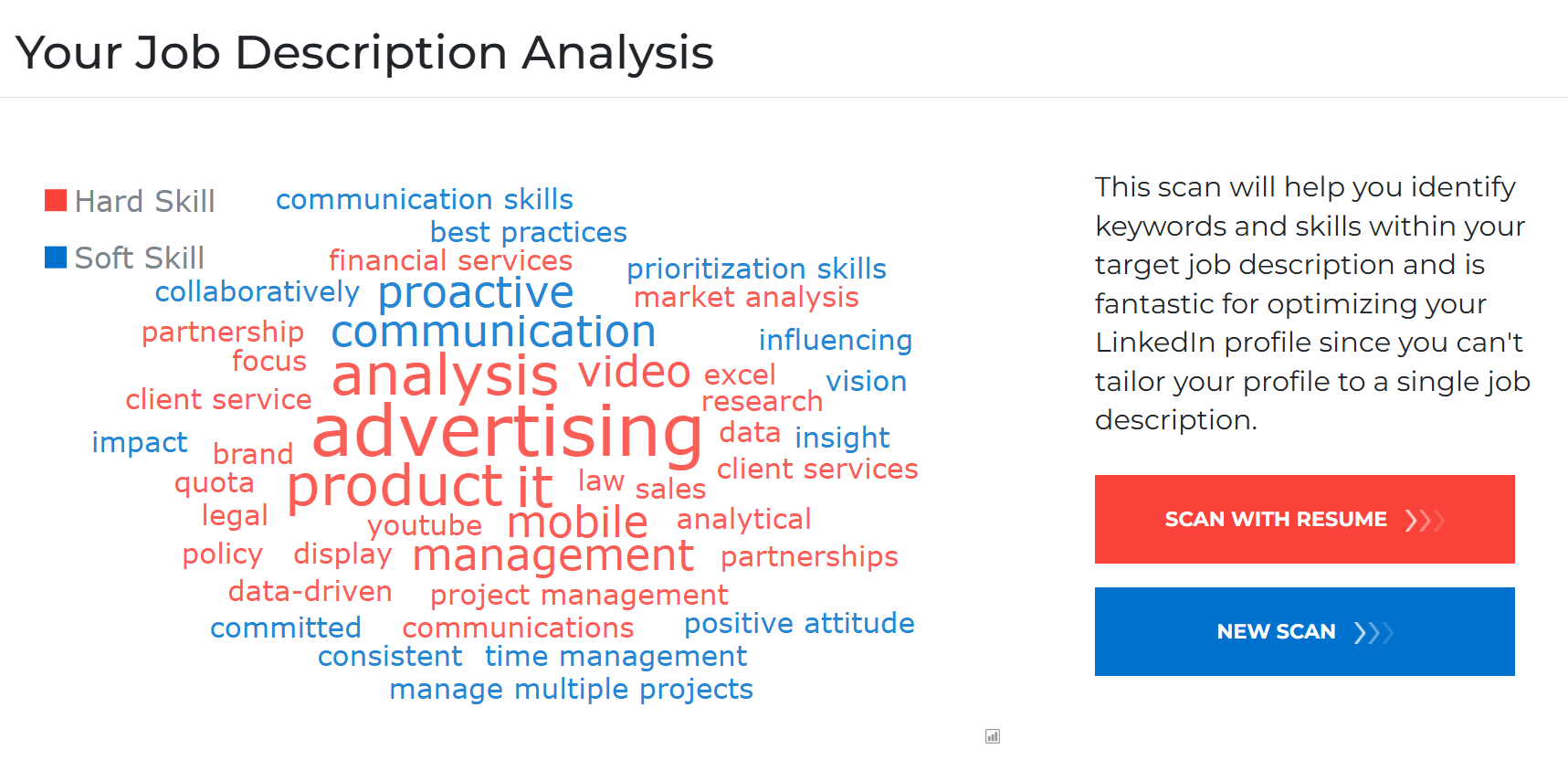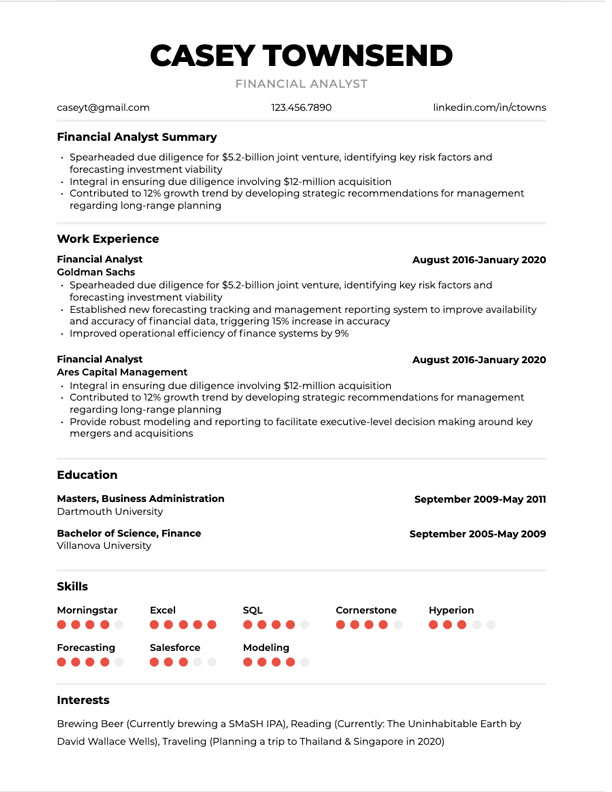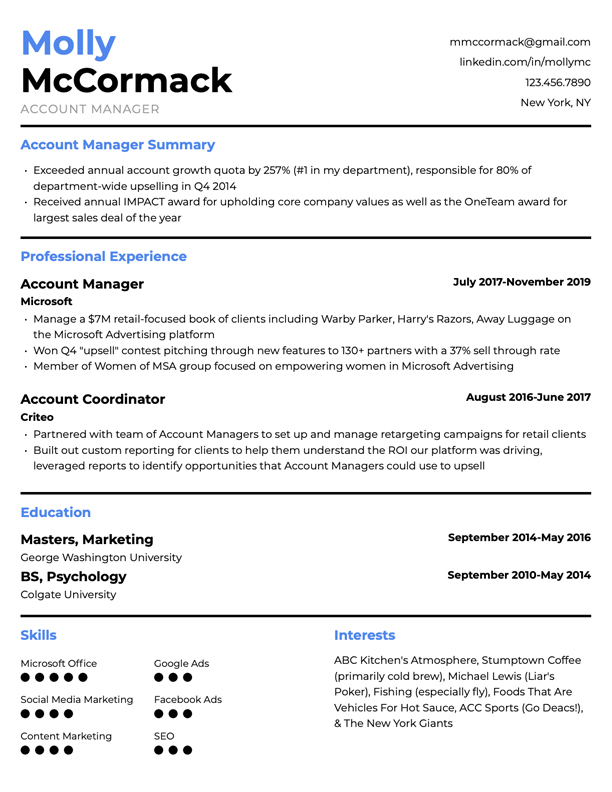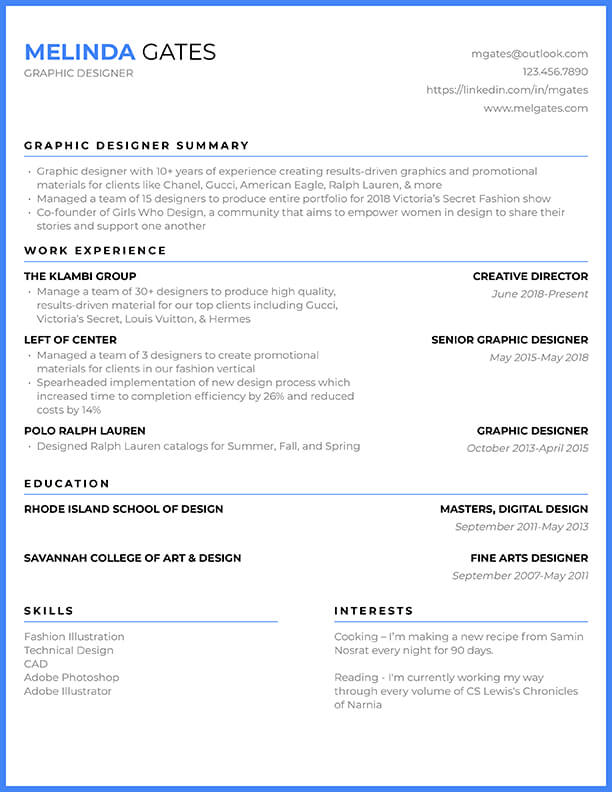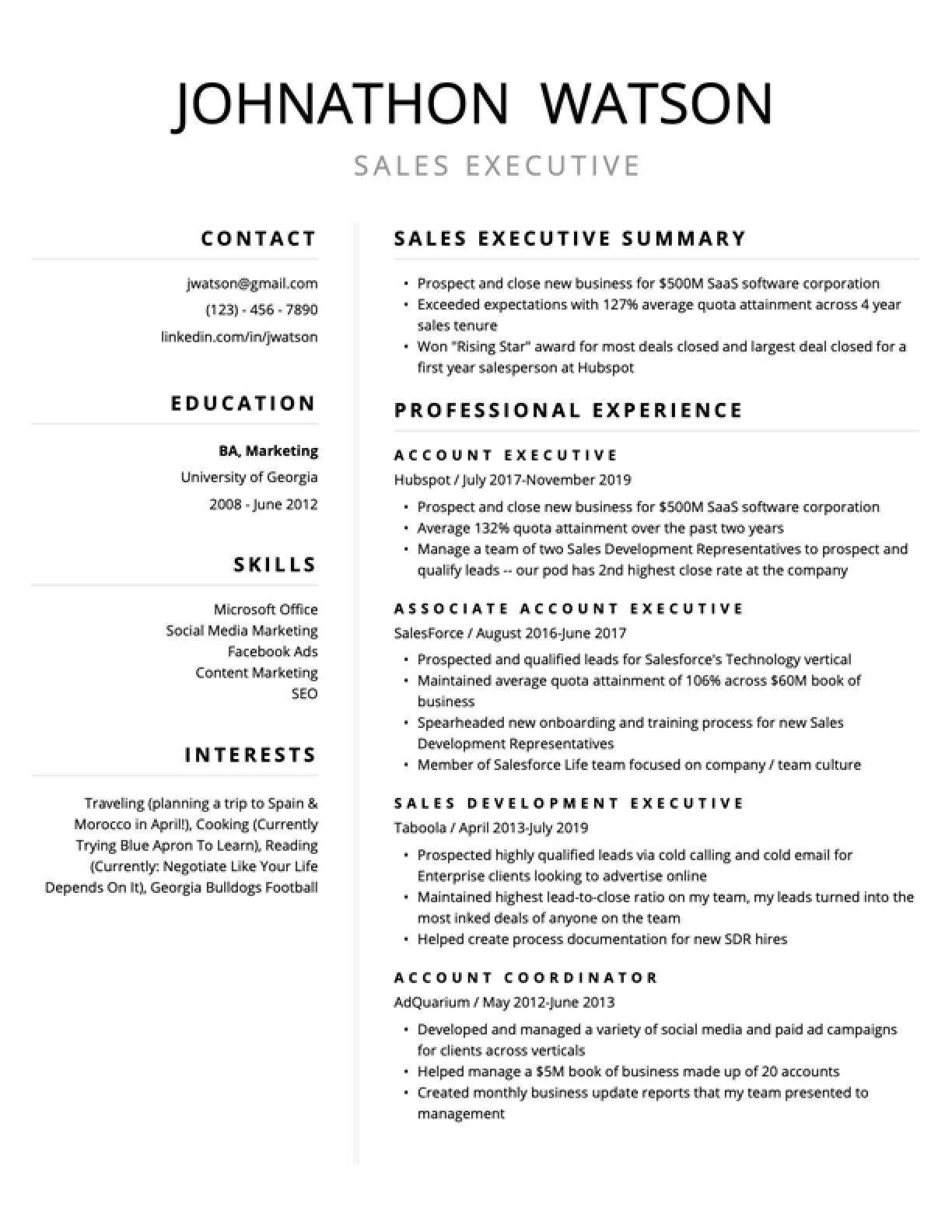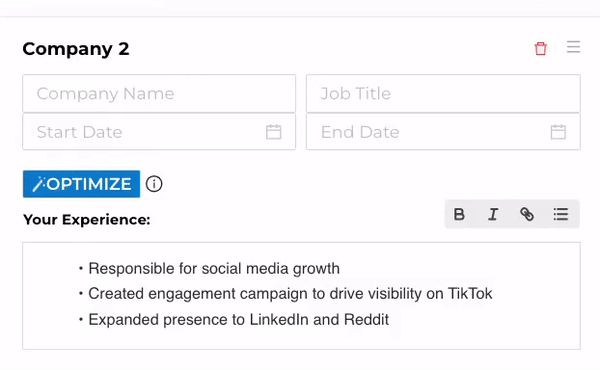If you’ve landed on this article, you probably have tons of questions about working in the healthcare industry and are wondering if this is a career path worth pursuing.
Good news – you have come to the right place! Whether you're an entry-level professional or well-established in another industry and looking for a career change, this article is for you!
In this article, we’ll be covering the following topics:
- What Is The Healthcare Industry?
- What Companies Are In The Healthcare Field?
- What Are The Job Options In Healthcare?
- What Are The Skills Needed For Healthcare?
- What Do Healthcare Jobs Pay?
- Is Healthcare A Good Career Path? (Our Verdict)
- How To Build A Job-Winning Healthcare Resume
Let’s dig in!
What Is The Healthcare Industry?
The healthcare industry is a broad field that focuses on providing medical services, developing treatments, and ensuring people's overall health and well-being. Healthcare services range from hospitals and clinics to specialized care providers like physical therapists and mental health counselors.
Companies in the healthcare field focus on various aspects of patient care, medical research, and healthcare products.
What Companies Are In The Healthcare Field?
The healthcare industry encompasses a wide range of organizations. Here are some examples from different areas:
- Hospitals & Clinics: Organizations like Mayo Clinic, Cleveland Clinic, and Kaiser Permanente provide medical care across various specialties.
- Pharmaceuticals: Companies such as Pfizer, Merck, and Johnson & Johnson focus on developing and manufacturing medications.
- Medical Devices: Firms like Medtronic, Abbott Laboratories, and GE Healthcare produce equipment and devices used in patient care.
- Health Insurance: Companies like UnitedHealth Group, Anthem, and Aetna provide health insurance plans and services.
These companies work in different facets of healthcare, from direct patient care to research and development of new treatments.
What Are The Job Options In Healthcare?
When looking for jobs in the healthcare industry, you can either work in roles within the sector — for example, taking a Marketing position at a healthcare company — or take a position that directly contributes to patient care, medical advancements, or healthcare administration.
In this section, we’ll cover the most common job options in the field.
Jobs In Direct Patient Care
These roles involve hands-on work with patients to address their medical needs. The most common roles in this area are:
- Registered Nurse (RN): Provides patient care, administers medications, and supports doctors during treatments.
- Physician: Diagnoses illnesses and treats patients through medication, surgery, and other interventions.
- Physical Therapist: Helps patients recover and improve movement and manage pain through exercises and other treatments.
Jobs In Research & Development
These roles focus on discovering new treatments and medical advancements. The most common roles in this area are:
- Biomedical Scientist: Conducts research to improve understanding of diseases and develop new treatments.
- Clinical Research Coordinator: Manages clinical trials that test the effectiveness and safety of new treatments.
- Medical Laboratory Technician: Performs lab tests and analyses that help diagnose medical conditions.
Jobs In Healthcare Administration & Support
These roles support the smooth functioning of healthcare facilities and services. The most common roles in this area are:
-
- Healthcare Administrator: Manages the operations of a healthcare facility, including staffing, budgeting, and compliance.
- Medical Billing Specialist: Handles billing and coding for medical services to ensure accurate and timely reimbursement.
- Health Information Technician: Maintains and protects patient health information and records.
What Are The Skills Needed For Healthcare?
Some jobs in healthcare require extensive graduate education and experience, especially those in patient care. However, education and experience aren't the only the only criteria you need to take a position in healthcare. Most roles also require specific skills.
Learning the skills required for each position is very important. You might have to address some skill gaps or you may already have well-developed skills that you can leverage as you seek a new role.
Here are the required skills for the most common roles in the healthcare industry:
Entry-Level Roles:
- Communication Skills: Essential for interacting with patients, families, and other healthcare providers.
- Compassion & Empathy: The ability to connect with patients on a personal level and understand their needs.
- Attention to Detail: Crucial for ensuring patient records are accurate and treatment plans are followed.
Mid-Senior Manager Roles:
- Leadership: The ability to manage teams and ensure healthcare facilities provide high-quality care.
- Strategic Thinking: Developing strategies to improve patient care and healthcare delivery.
- Project Management: Overseeing healthcare programs and managing resources effectively.
Mid-Senior Technical Roles:
- Clinical Expertise: Deep knowledge of medical practices and patient care standards.
- Data Analysis: Ability to analyze healthcare data to improve patient outcomes and efficiency.
- Innovation: Developing new healthcare solutions and treatments to improve patient care.
Finding Your Fit With Healthcare Roles
Want to find out if you are the right fit for a role in the healthcare industry?
We've got you covered.
Here's a simple, step-by-step guide to find out if you have the skills to take a new position in the healthcare industry!
- Head over to LinkedIn and search for healthcare industry roles.
- Copy the job description of the role that sparked your interest.
- Head over to ResyMatch.io (or use our shortcut below)
- Grab a copy of your most updated resume.
- Upload your resume on the left side.
- Paste the job description on the right side.
- Hit “Start Resume Scan.”
Boom! ResyMatch will compare and score your resume versus the job description and identify skill gaps.
ResyMatch will also provide best practices you can use to improve your resume and will ensure that your resume is ATS compliant (ATS is a software that recruiters use to track candidates through their hiring process).
Use our shortcut below to get started:
What Do Healthcare Jobs Pay?
Now that we’ve covered the most common jobs in the healthcare industry, you might be wondering how much these roles pay.
To answer this question, let’s head over to one of our favorite tools for salary research: Glassdoor.
Glassdoor is one of the world’s top job and recruiting websites where users can anonymously provide information about their companies – including their current salary. Glassdoor provides an average salary range for various roles based on the information sent by its users.
According to Glassdoor, the base salary for the most common healthcare industry jobs in 2026 are:
- Registered Nurse: $84K – $122K / year base pay (USD)
- Physician: $162K – $296K / year base pay (USD)
- Physical Therapist: $91K – $136K / year base pay (USD)
- Biomedical Scientist: $122K – 208K / year base pay (USD)
- Clinical Research Coordinator: $49K – $76K / year base pay (USD)
- Medical Laboratory Technician: $51K – $76K / year base pay (USD)
- Healthcare Administrator: $52K – $94K / year base pay (USD)
- Medical Billing Specialist: $41K – $57K / year base pay (USD)
- Health Information Technician: $38K – $49K / year base pay (USD)
Best Paying Jobs In Healthcare Compared To The Average U.S. Salary In 2026
Now, let's check what that looks like compared to the average U.S. salary.
According to the Social Security Administration, the average salary in the U.S. is $63,795.
This is what the best-paying jobs in the healthcare industry look like when we put them in perspective:
Physicians, Physical Therapists, and Healthcare Administrators are some of the highest-paying roles in the healthcare industry, with an earning potential 363% higher than the U.S. average.
Is Healthcare A Good Career Path? (Our Verdict)
Healthcare is a good career path for those passionate about helping others and with an interest in patient care. This career path can be a good fit for individuals who consider themselves a “people person”, as well as empathetic and caring, as there is a lot of interaction with others.
Healthcare roles are essential to maintaining public health and improving patient outcomes. Organizations like Mayo Clinic, Pfizer, and Medtronic are leaders in the field.
If you feel like this might be the career path for you, then be sure to dive into the next section where we will cover the best strategies to help you land a job in the field:
How To Build A Job-Winning Healthcare Resume
Here's a fact most people don't usually realize: you don't need traditional experience to take on a new role.
You can leverage your unique background, experiences, and skills for nearly any position, as long as you sell it.
Think about your resume as an advertisement for yourself. Like any ad, you want it to be compelling and visually attractive, right?
That's exactly what you will do with your resume!
You will start by:
1. Leveraging The Best Keywords For Your Target Role
Remember ResyMatch.io, that resume and job description scanner tool we mentioned earlier in this article?
We first showed you how you can scan and compare your resume with your target job description to find out how your skills match the role.
However, if you don't have a resume yet, you can still get great insight from this tool by running a job description scan.
Here's how: head over to ResyMatch.io and, in “Scan Type,” select “Job Description Scanner.” Then, copy the job description for your target role and paste it into the box on the left.
ResyMatch.io will provide a list of hard and soft skills that apply to the role. You can use these skills as keywords when building your resume.
Skim through the list to get ideas for keywords you can leverage on your resume.
For example, let's say you are a compassionate and analytical individual. Are there any previous experiences, personal projects, or even academic achievements that you can showcase in your resume to highlight these skills?
If yes, then make sure to include those on your resume and then move on to the next step:
2. Writing Compelling Resume Bullets
This is where you'll start crafting a resume that sells!
You'll want your resume bullets to have just the right amount of hard and soft skills, action words, measurable results, and common words.
This means a compelling healthcare industry resume bullet for someone applying for a Healthcare Administrator role might look something like this:
Utilized EHR systems to cut data entry errors by 30%, streamlining patient records.
This bullet focuses on specific hard and soft skills that apply to a Healthcare Administrator, while also showcasing measurable results!
To help you write the perfect resume bullet, we've created ResyBullet.io, a free resume bullet analyzer that helps you write your resume in a way that grabs attention and illustrates value. Simply copy and paste your resume bullet below to begin your analysis:
ResyBullet will analyze and score your resume bullet and give you actionable insights for improvement.
Here's how our healthcare industry resume bullet scored on ResyBullet:
If you're a visual learner, check out our video that walks you through the step-by-step of writing a crazy-effective resume bullet:
3. Make Your Resume Visually Appealing
The last step is to take all of your content and apply it to a layout that is both easy to read and visually appealing. We recommend using a resume template so you can save the time you would normally spend designing your resume and instead allocate it to other high-value activities in your job search (like interview prep and networking).
You can use ResyBuild.io, a free resume builder, to easily build and customize your resume in no time. Just pick one of the templates below and get started:

Free Job-Winning Resume Templates, Build Yours In No Time.
Choose a resume template below to get started:
Choose from 8 proven templates and easily create, edit, and customize your resume. ResyBuild's AI assistant also helps you craft personalized, job-winning bullets in a single click. Simply add your experience, hit “Optimize”, and watch the magic happen.
Ready To Pursue A Healthcare Career Path?
Then check out our No Experience, No Problem course and access a proven framework for building the skills and results you need to break into a new industry (even if you have absolutely no relevant experience right now)!



















